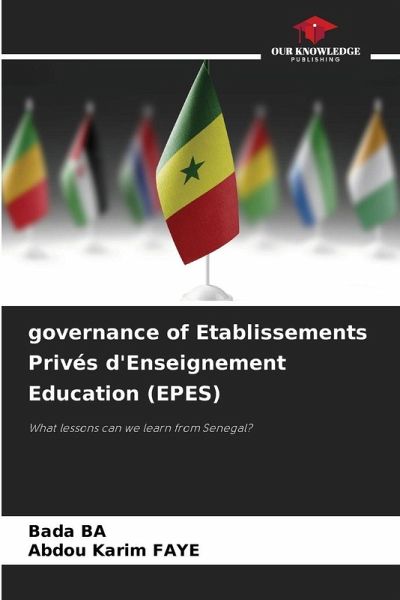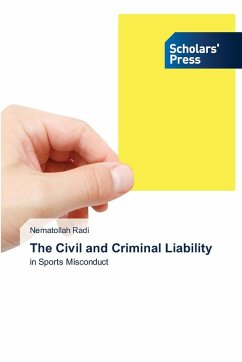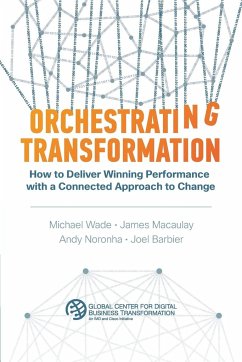
governance of Etablissements Privés d'Enseignement Education (EPES)
What lessons can we learn from Senegal?
Versandkostenfrei!
Versandfertig in 6-10 Tagen
29,99 €
inkl. MwSt.

PAYBACK Punkte
15 °P sammeln!
The main objective of this article is to analyze the governance relationships between stakeholders in Senegal's Établissements Privés de l'Enseignement Supérieur (EPES), with a view to proposing ideas for improvement. To this end, we conducted a multiple-case study. We produced four individual interview guides, one for each category of stakeholder: management, teachers, PATS and students in each EPES. Our sample comprised 10 EPES. In detail, 41 individuals were interviewed: 12 PERs, 16 students, 6 members of management and 7 PATS. Interviews lasted between 40 minutes and 1h 15 minutes. The ...
The main objective of this article is to analyze the governance relationships between stakeholders in Senegal's Établissements Privés de l'Enseignement Supérieur (EPES), with a view to proposing ideas for improvement. To this end, we conducted a multiple-case study. We produced four individual interview guides, one for each category of stakeholder: management, teachers, PATS and students in each EPES. Our sample comprised 10 EPES. In detail, 41 individuals were interviewed: 12 PERs, 16 students, 6 members of management and 7 PATS. Interviews lasted between 40 minutes and 1h 15 minutes. The results obtained show that the governance of Senegal's EPES is at the crossroads of enormous problems linked to recruitment practices, hierarchical relationships between the various players, day-to-day management and the exercise of power.












